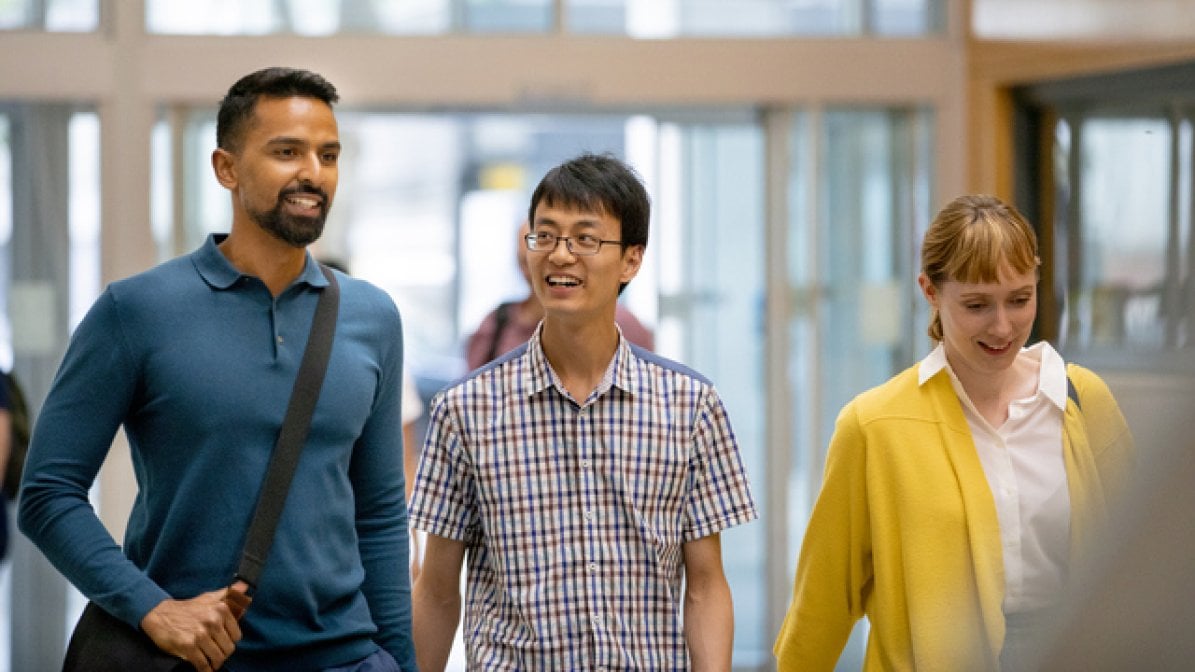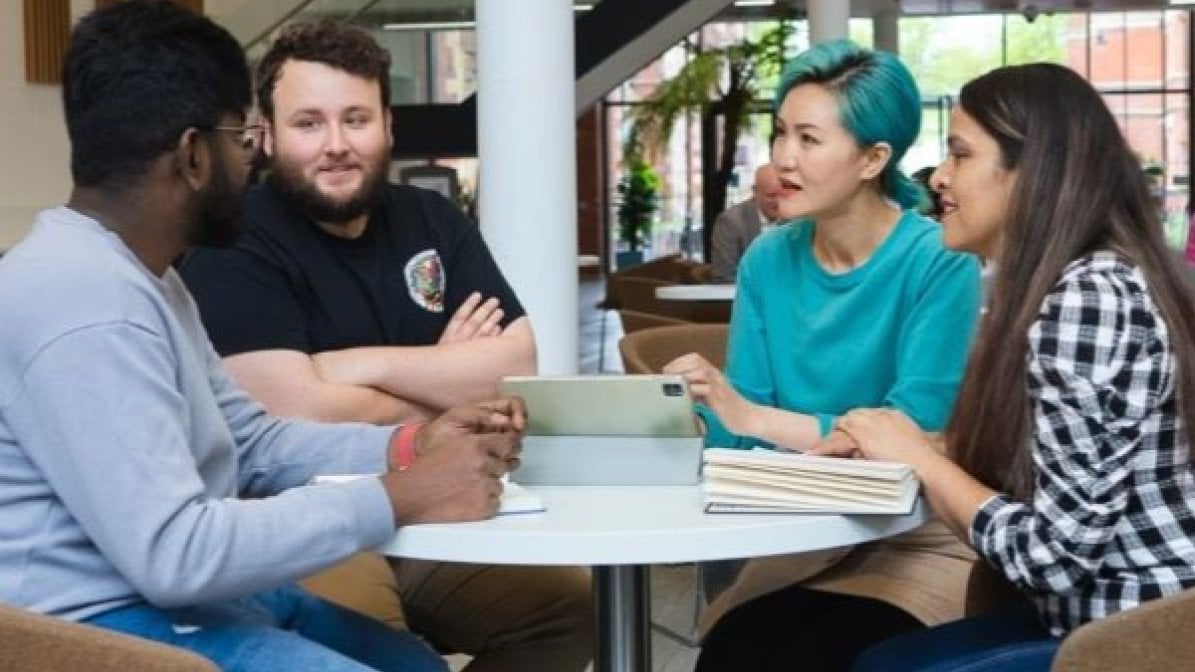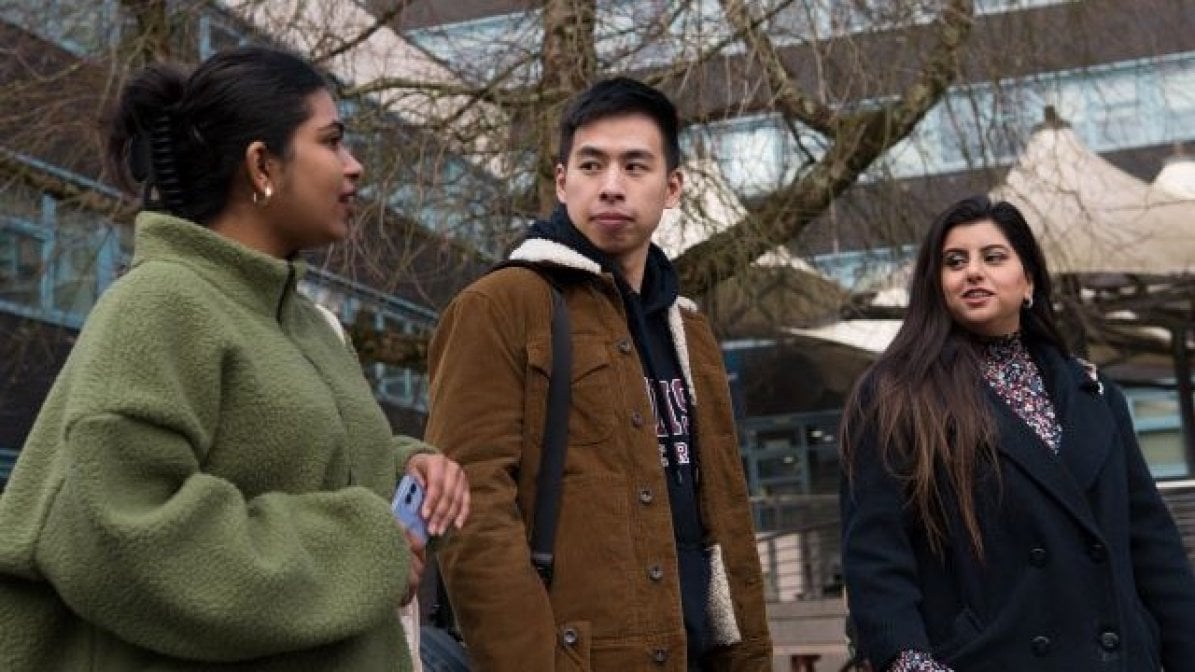How do I get to university? Refugees and Asylum Seekers
Refugees and asylum seekers - how do I get to university?
This video from Refugee Education UK and the University of Sussex helps to explain how you can apply for university if you are a refugee or asylum seeker in the UK.




